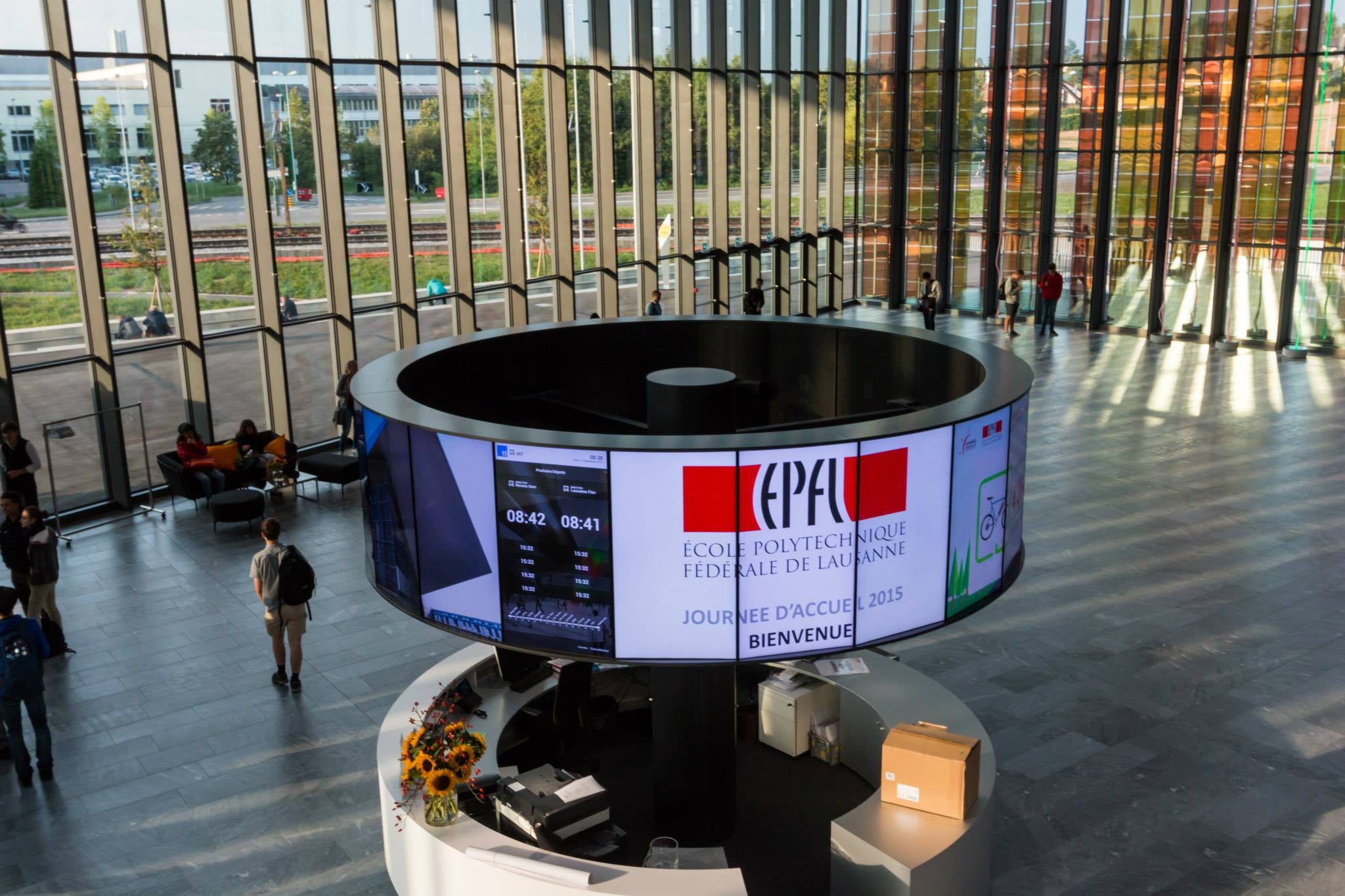Switzerland’s EPFL leads the way as the ‘best young university in the world’
World number two institution in Singapore says Asia is now 'the place to be'

Switzerland’s École Polytechnique Fédérale de Lausanne (EPFL) has been revealed as the best young university in the world for the second year running, according to a new rankings table from Times Higher Education (THE).
THE’s ‘150 Under 50’, a list of the world’s top institutions under the age of 50, has found the UK to have the most universities in the complete list - with 25 institutions - followed by Australia (19), France (15), and Germany and Spain which have ten each.
With the Swiss research institute taking the top spot, East Asia has taken four of the next five places; Singapore’s Nanyang Technological University (NTU), Hong Kong University of Science and Technology, and South Korea’s Pohang University of Science and Technology and Korea Advanced Institute of Science and Technology.
The list has also revealed those nations and regions challenging the traditional dominance of UK and US universities, whose institutions occupy just 30 places in the complete list of 150.
Top ten best young universities in the world:
- École Polytechnique Fédérale de Lausanne (Switzerland)
- Nanyang Technological University (Singapore)
- Hong Kong University of Science and Technology (Hong Kong)
- Maastricht University (Netherlands)
- Pohang University of Science and Technology (South Korea)
- Korea Advanced Institute of Science and Technology (South Korea)
- University of Konstanz (Germany)
- Karlsruhe Institute of Technology (Germany)
- Pierre and Marie Curie University (France)
- Scuola Superiore Sant’Anna (Italy)
In contrast, though, Continental European and Asian institutions have accounted for 95 of those placed, with a further 20 located between Australia and New Zealand, four in Canada, and one in Brazil.
Strikingly, though, no institutions founded in the past 50 years in North America, Latin America, Africa, Australia, or New Zealand have a place in the elite one per cent of global universities, said THE.
Editor of the rankings, Phil Baty, described how this year’s list has been led by “young, exciting, and dynamic institutions,” adding: “Half of the universities in the top ten are 30 years or under, from nations investing heavily in creating world-class institutions, for example, Hong Kong, South Korea, and Singapore.”
However, Mr Baty warned: “As the pendulum swings, the traditionally dominant US and UK will have to raise their games to continue to compete in future years.”
President of EPFL, Patrick Aebischer, described how keeping ahead is “always a challenge,” and added: “Especially when our competitors are of the quality of our counterparts in this classification, where the next ranks are held by extremely dynamic Asian universities.”

Echoing Mr Baty’s and Mr Aebischer’s comments, NTU president, Professor Bertil Andersson, said his institution’s world number two position showed “Asia is the place to be.” He added: “As they continue to ascend, competition within Asia will further intensify as the region’s universities strive to become leading global education and research institutions.”
Overall, THE’s rankings have listed 150 universities from 39 countries. The methodology used to compile the list has drawn upon the same as its World University Rankings, in which 13 performance indicators are taken into consideration from all the core missions associated with the modern global university, including research, teaching, knowledge transfer, and international activity.
Click here to see the complete 150 Under 50 rankings
Join our commenting forum
Join thought-provoking conversations, follow other Independent readers and see their replies
Comments
Bookmark popover
Removed from bookmarks